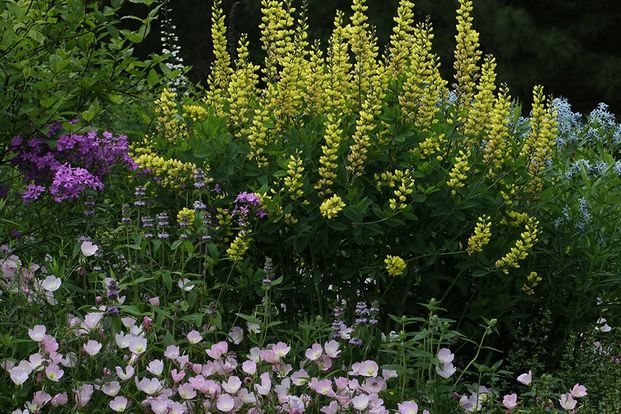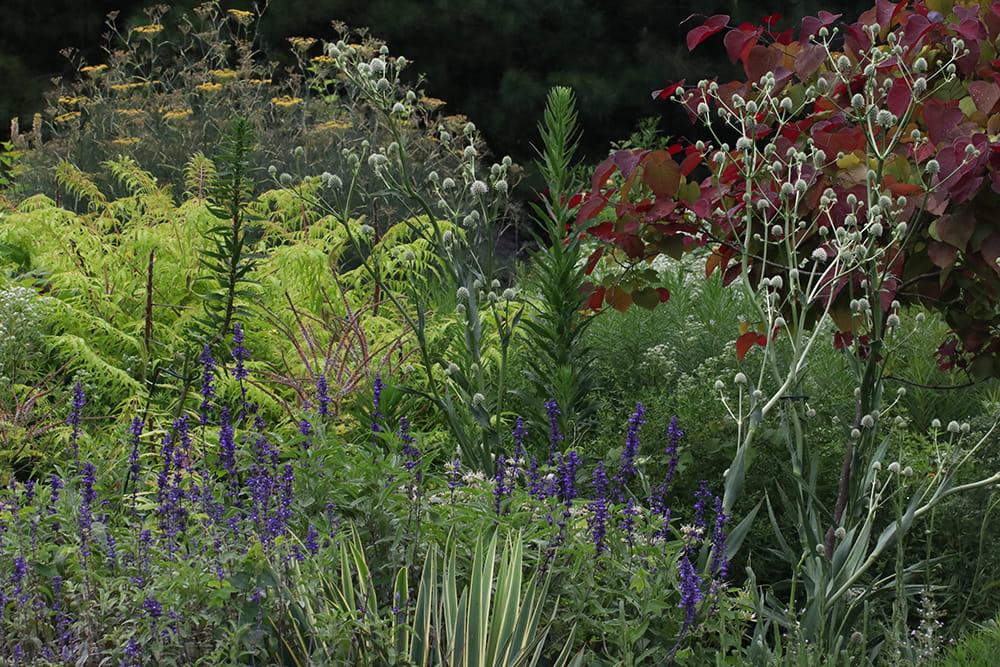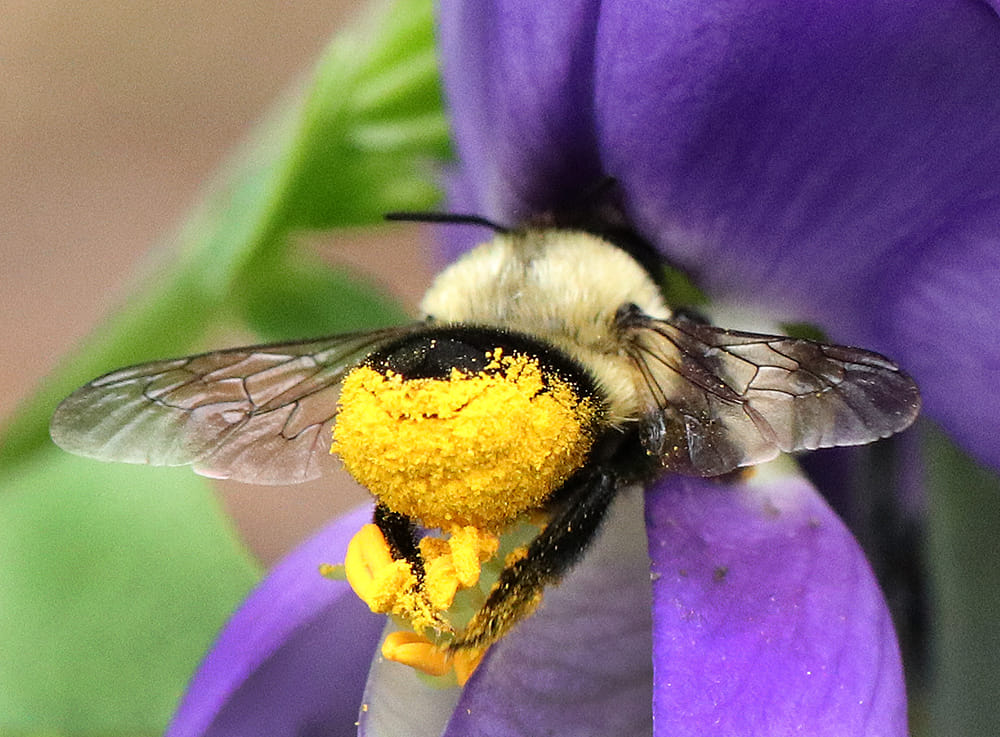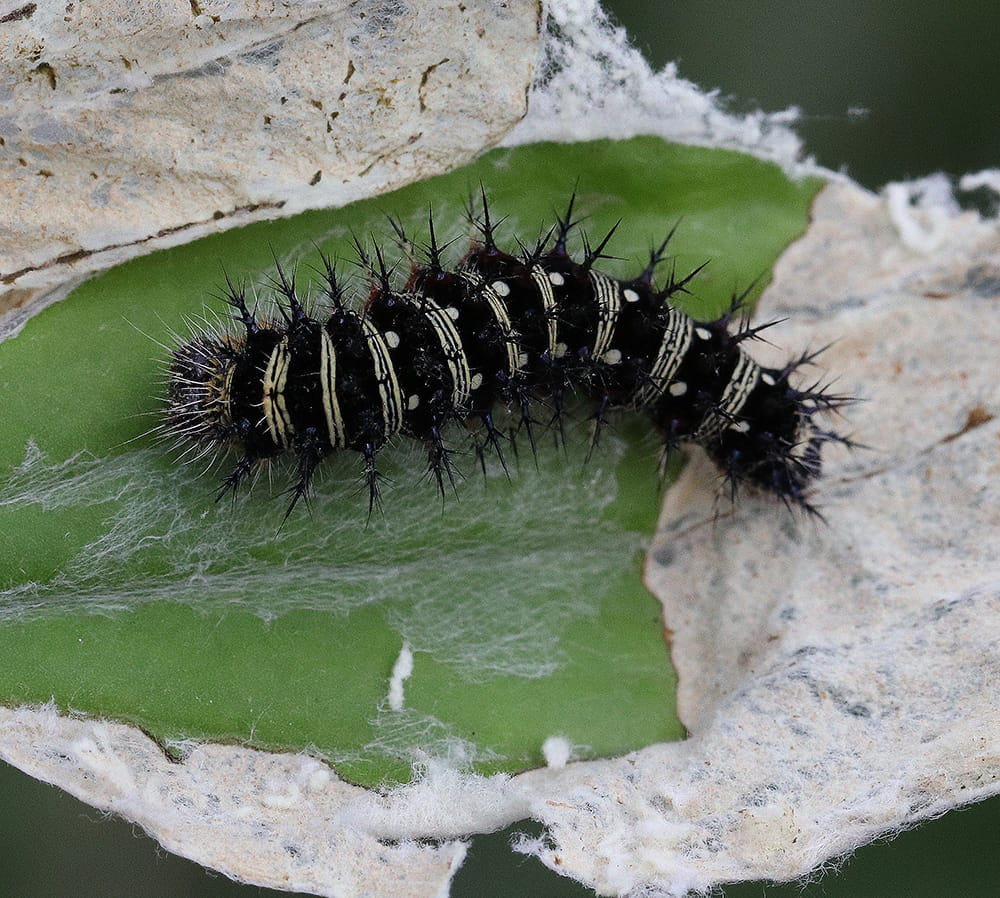Register Now for a Spring Tour of the Pollinator Paradise Garden!
go.ncsu.edu/readext?999697
en Español / em Português
El inglés es el idioma de control de esta página. En la medida en que haya algún conflicto entre la traducción al inglés y la traducción, el inglés prevalece.
Al hacer clic en el enlace de traducción se activa un servicio de traducción gratuito para convertir la página al español. Al igual que con cualquier traducción por Internet, la conversión no es sensible al contexto y puede que no traduzca el texto en su significado original. NC State Extension no garantiza la exactitud del texto traducido. Por favor, tenga en cuenta que algunas aplicaciones y/o servicios pueden no funcionar como se espera cuando se traducen.
Português
Inglês é o idioma de controle desta página. Na medida que haja algum conflito entre o texto original em Inglês e a tradução, o Inglês prevalece.
Ao clicar no link de tradução, um serviço gratuito de tradução será ativado para converter a página para o Português. Como em qualquer tradução pela internet, a conversão não é sensivel ao contexto e pode não ocorrer a tradução para o significado orginal. O serviço de Extensão da Carolina do Norte (NC State Extension) não garante a exatidão do texto traduzido. Por favor, observe que algumas funções ou serviços podem não funcionar como esperado após a tradução.
English
English is the controlling language of this page. To the extent there is any conflict between the English text and the translation, English controls.
Clicking on the translation link activates a free translation service to convert the page to Spanish. As with any Internet translation, the conversion is not context-sensitive and may not translate the text to its original meaning. NC State Extension does not guarantee the accuracy of the translated text. Please note that some applications and/or services may not function as expected when translated.
Collapse ▲
Buttonbush, Carolina narrow-leaf phlox, wild indigo, eastern bluestar, and evening primrose. Photo by Debbie Roos.
Spring tours of North Carolina Cooperative Extension’s Pollinator Paradise Demonstration Garden in Pittsboro start on May 11!
The garden features over 225 species of perennials, trees, shrubs, vines, and grasses, and 85% of them are native to North Carolina. This is a great opportunity to visit the popular gathering spot for honey bees, native bees, butterflies, hummingbirds, and beneficial insects in addition to their human admirers! The tours are led by Chatham County Agriculture Agent Debbie Roos.
There is no charge for the tour but registration is required to limit group size. The tours fill up very quickly so don’t delay in registering if you really want to attend.
Visit the Pollinator Garden Tour web page for a listing of tour dates and times and links to register. I have posted several dates for spring tours and will later post additional dates for summer and fall.
I look forward to seeing you at the garden!

Spring bed at the pollinator garden. Photo by Debbie Roos.

This leafcutter bee was foraging on dwarf wild indigo (Baptisia minor). She enjoys her nectar reward, gently balancing on the anthers which transfer pollen to the branched hairs on the underside of her abdomen. Photo by Debbie Roos.

American lady caterpillar on its host plant, pussytoes (Antennaria plantaginifolia). Photo by Debbie Roos.


